When I was in my very early twenties and living on Vancouver Island, I had a sweet little red bicycle. It was a basic, red ten-speed type-useful, reliable, but not aesthetically pleasing. I was a strict vegetarian, and someone thought it humorous to stick a large, imposing “I LOVE ALBERTA BEEF” sticker–with a large red heart and an outline of a steer’s head–on my bicycle. The ten-speed was then known as “The Meat-Cycle”. When I eventually left Victoria and returned to my university studies in Kamloops, the meat-cycle was left behind but not forgotten. How I missed the freedom of a bicycle. To not be at the mercy of public transit, to weave through traffic with ease, to attain the firm thighs and buttocks that resulted from a daily commute. Once back in the hilly terrain of Kamloops, it just didn’t make sense to struggle up the multi-tiered city with a bag full of books on my back. Eventually I bought a car, and then a better car and then I stopped thinking of myself as the kind of girl who peddled her way through the world.

Benjamin has always been an avid cyclist, but for obvious reasons left his downhill mountain bike behind in New Zealand. Within the first week of our arrival, we found a cycle shop not far from our future apartment. In a long line on the sidewalk, basking in the hot Australian sun, was a plethora of possibilities. There were standard bicycles–functional but not fashionable–and then there were the colourful and classic-looking Schwinn bicycles (at double the price). My eyes were glued to the bright sunshine yellow “Starlet”, but I was cringing at the cost. We had come to Australia with $10,000 in New Zealand funds, but the exchange rate made a mockery of our small fortune, leaving us with approximately $6000 to work with. My head was telling me, “Go for practicality—this will be one more thing you will have to leave behind”. My style-driven soul trumpeted louder: “Fuck practical, I want the pretty one”.

Never one to make an impulse purchase, I was reluctant to blow a solid fraction of our savings. I got a serving job within that first week, at The Old Swan Brewery, a historical building along the riverbank. The day after my successful trial shift, we got a call from the rental agency announcing that our bid for the apartment on Adelaide Terrace had been accepted. Everything was coming together. I requested the following Friday off for “moving day”— which meant shopping for essentials and taking a cab from the Northbridge hostel to the furnished apartment in East Perth. My request was overlooked and I was scheduled to work a dreaded split shift, which made one thing certain: I was going to need a bicycle immediately.

I thought once more of that lovely yellow Schwinn Starlet. Benjamin recommended a test ride–just to make sure that I liked it. I didn’t like it…I loved it. The wind blowing in my hair, the sun on my skin, the smoothness of a good quality bicycle beneath me—my reflection as I passed shop windows. I had to have it. We tested a few others, but I knew I had to have that Schwinn. My hand trembled and my heart pounded as I scribbled my signature on the receipt. My buyer’s remorse was immediately overshadowed with the everyday necessity of a bicycle in a city designed for cyclists. The path to my work place was right along the river, and every night Benjamin would meet me and we would ride home together. Benjamin bought a basket and a bell. I loved my Starlet; I named her “Miss Daisy”.

Benjamin got a job at a construction site less than a block away from our apartment, and soon we began to make a decent collective wage. My work ethic and spunky can-do spirit was well received and the owner offered full time position with a starting salary of $55,000 per annum. After the paltry paycheques I had earned in New Zealand, and during university for that matter, I wanted to leap at the chance. Benjamin reminded me of my own intended policy for employment: “No evenings or weekends”. This job was every evening and every weekend. Inching closer to the Australian winter, the whole city was bound to slow down. I was grateful for secure steady, well-paying work. We had so many plans, and none of those aspirations were cheap. Despite Benjamin’s pursed lips and slow burning disapproval, I accepted the position. Nothing felt more important than financial gain—quality time together would have to come later.
 Our young marriage had been challenged by strange company and circumstances. We met, and fell in love in the course of one evening. Two months later, I left Mount Manganui for Hamilton and we got married a few months later. In that brief stretch of time, there was immigration issues, hiccups, obstacles, dodgy flatmates and stressful time constraints. Our savings were scraped together as we made plans for Australia. Ben sold and stored his possessions, I packed my bag. We went to the South Island; in Christchurch during the deadly earthquake and the intense aftermath. By the time we landed in the lucky country, slightly fragile from the natural disaster, we had not even known each other for a full calendar year. Establishing a home of our own was important, and then my job immediately denied that need. Though we established budgets, savings and plans, there was a feeling of loss in the day-to-day. Still, I was hooked on the idea of making money, emotional cost be damned! For me, it was about zoning out during Michael Buble’s sentimental love ballads that played in the romantic restaurant at night, and occupying my thoughts during the day.
Our young marriage had been challenged by strange company and circumstances. We met, and fell in love in the course of one evening. Two months later, I left Mount Manganui for Hamilton and we got married a few months later. In that brief stretch of time, there was immigration issues, hiccups, obstacles, dodgy flatmates and stressful time constraints. Our savings were scraped together as we made plans for Australia. Ben sold and stored his possessions, I packed my bag. We went to the South Island; in Christchurch during the deadly earthquake and the intense aftermath. By the time we landed in the lucky country, slightly fragile from the natural disaster, we had not even known each other for a full calendar year. Establishing a home of our own was important, and then my job immediately denied that need. Though we established budgets, savings and plans, there was a feeling of loss in the day-to-day. Still, I was hooked on the idea of making money, emotional cost be damned! For me, it was about zoning out during Michael Buble’s sentimental love ballads that played in the romantic restaurant at night, and occupying my thoughts during the day.

When not sight-seeing or café hopping, I was a fixture at the public library. I became recognizable to the staff. I’d approach the counter with an armload of novels, plays, magazines, albums and classic films, and the clerk would say: “Ah yes, Alicia, we have something on hold for you as well”. I started to recognize the other regulars myself, the lonely old ladies who dressed up to collect a new cycle of romance novels and celebrity biographies. I saw myself in them, seeking solace and company in stories. I spent my time chasing ghosts, piecing together fragments of research about icons, ideas and eras in this lonesome school for one. As if the pursuit of knowledge will pass the time with purpose; make me forget how lonely I have become in this life. Benjamin would come home, we’d spend our dinner hour together before I left for work. I’d say goodbye and kiss Benjamin on his unhappy frown. Backing Miss Daisy out of the tiny flat, not meeting his eyes.

Benjamin texted me to say that he could see me peddling my little yellow bicycle down the street from the top of the unfinished high rise. Later he told me that he watched me ride off into the distance, down past the river, until I disappeared beyond the thick stretch of palm trees. From that sighting we conceived a ritual: he’d watch for me as I rode my bicycle past the Indian curry shop, through the lights, pass the 24-hour dairy, around the corner, until I rode past the trees. I would be sure to look up again as I rode past the building. Benjamin, nearly seven foot tall, was so easy to spot, waving his hard hat in the air. This went on for weeks. I felt a tremendous weight of melancholy once I was out of his sight. Sadness thickened my throat and still I rode on.

One Friday, on a drizzly mid-morning, I looked up from the intersection and saw Benjamin, leaning on the railing, waving with one arm in the air. I waved back, and rode down the street, feeling the comfort of his eyes on me. I curved around the corner, and as I cruised down the long stretch of road, I couldn’t resist looking up one more time. With my arm outstretched, and my head intermittently turning between my view of the road before me and the building above me, I stared for a second too long. Careening toward a parked car–with my arm still up in the air like a bull rider. There was no time to brake, and I smashed into the white Nissan on the populated road.

Dropping my arm down, I gripped the handle bars tightly. Breath escaping like a full balloon suddenly released, the force of the impact pushed my body over the bars. I resisted flipping over onto the trunk completely. Dazed, my legs akin to not-yet solidified gelatine, I dismounted Miss Daisy and glanced up at the building. Benjamin is no longer waving. The front tire wedged in the back wheel-arch of the car, between the tire and the car body. With shaking hands, I tried to wrench the bicycle from the car. I invented this fusion of transportation themed Siamese twins, but it was an inoperable experiment. I tugged once, twice, and on my third attempt, my panic spiral expanded. I looked up at the building, Benjamin isn’t there.

My mobile rings. I don’t answer the phone in any traditional sense, it’s more like: “Oh My God, Oh My God, Oh My God, Ben, the bike…the car, its stuck…help me! Help me…Oh my God, Oh My God!” Benjamin spoke briefly: “Just hang on; I will be right there”. In reality, Benjamin would’ve sprinted down nineteen flights of stairs and across the lot, and it would have taken less than five minutes. In my terrified state, it was took approximately the length of two-life prison sentences. I spent this time intermittently tugging on the Starlet, gaping at the work site and muttering: “Hurry up Ben, what is taking so long?” If another car drove by, I attempted to lean casually on my bike, as if I was deliberately hanging out in this exact spot because it just felt right. Nothing to see here folks, move along. My greatest fear was that the car’s owner would discover this tiny, sweating, muttering woman with her safety helmet knocked to the side and worn like a jaunty beret. My super convincing “casual leaning” rouse would be seen through immediately and the driver would realize that I had gone up his car’s ass without any type of permission or consent. And then he would murder me. This collision of my thought train would inspire me to once again, attempt to wrench the bike away from the car. The rain was beginning to spit gentle specks.

A large, weathered man ambling down the walkway with a cigarette dangling from his mouth approached without a word. Gulp—this is it, this is the owner of the car. This is the moment before I get strangled roadside while wearing a gawky white helmet. The stranger, now at arm’s length, reached down, took a firm hold Miss Daisy and effortlessly divorces the pair. “There you be”, he grunted, not once taking the cigarette out of his face. He was like this leathery, tobacco laced guardian angel. Benjamin finally appeared, his arms already opening up to receive me. I immediately become unglued. “It’s okay, you’re okay”, he whispers as I weep, my helmet thudding against his ribcage in time to my heaving sobs. He asked if I would be alright to make it to the brewery. I dumbly nodded my head. Benjamin crossed the street and disappeared beyond the large industrial gates. I weakly threw my leg over the body of the bike and begin to peddle with cautious uncertainty. The front brakes were damaged and as the wheels turned, the bike groaned as I rolled down the street. The rain was still spitting, and my tears were still spilling. I wanted to go home. I thought about the classic film An Affair to Remember, one of the many pictures borrowed from the library.

Poor old Deborah Kerr gets mowed down by a New York taxi cab in the middle of the street while Cary Grant paces atop the Empire State Building, unaware that his lover will never rise up to meet him. At the film’s end, Kerr confesses to Grant about the accident that kept them apart: “It was nobody’s fault but my own, I was looking up. It was the nearest thing to heaven. You were there”. Like Kerr, it was my choice that kept us apart night after night; as for hitting that car, I was at fault there too, because I was looking up, trying to see my husband for one second longer, for one second too long.

Once at work, I locked my bike, and limped into the building. I was stiff, sore and home sick. It was a quiet afternoon, and after two hours, and several torturous Buble tracks, I knew I had to go home, and stay there. Another supervisor offered to speak to the manager about my getting the night off. It was Friday, and it a cardinal sin to be unavailable for work. The managerial response was an order to cancel the shifts of the casual staff. I hobbled to the back office to plead my case. The head chef leaned back in his computer chair, examining me with a dubious expression. “So, what’s the problem? You hit a car? Are you hurt? Is that why do you need the night off?” How infuriating.

I take the most rational approach, that being physically injured=not being able to carry to tray with dignity and elegance. This is a place that served $60.00 crab pasta, surely they wouldn’t want some weepy foreigner tripping all over the establishment like a wounded pirate. “Listen” he concedes, fake-concerned, incredulous and smug. “Why don’t you leave your bike here, take a cab home, have a bath and a rest, and give me a call at five, and we’ll go from there”. ‘Okay’, I smile. ‘I’m going to do all those things, and call you at five to say I’m not coming in’. I hailed a cab, and slumped in the back seat, fuming about the chef. I gave the cabdriver, an African gentleman with wiry salt and pepper hair the address and unsolicited details about my day. “I’m hurt, I’m upset and I just want the night off—I hate that they make it so difficult. Can you take time off if you need it?” I asked the driver. “If I need to…yes” he answered, “but, there’s nothing more important than work”. “Yes…work is important, but it’s not the most important thing. I work hard, and sometimes a person needs a break”. I snapped, ending the conversation, settling back in my seat with a scowl. I think of a line from a song I hear every single shift: “…and when my life is over, I’ll remember when we were together”. I didn’t want to remember my life, our life together in Australia like this: opposite schedules, miles apart, trying to catch a glimpse from a distance. The money I was making wasn’t worth the price I was paying.
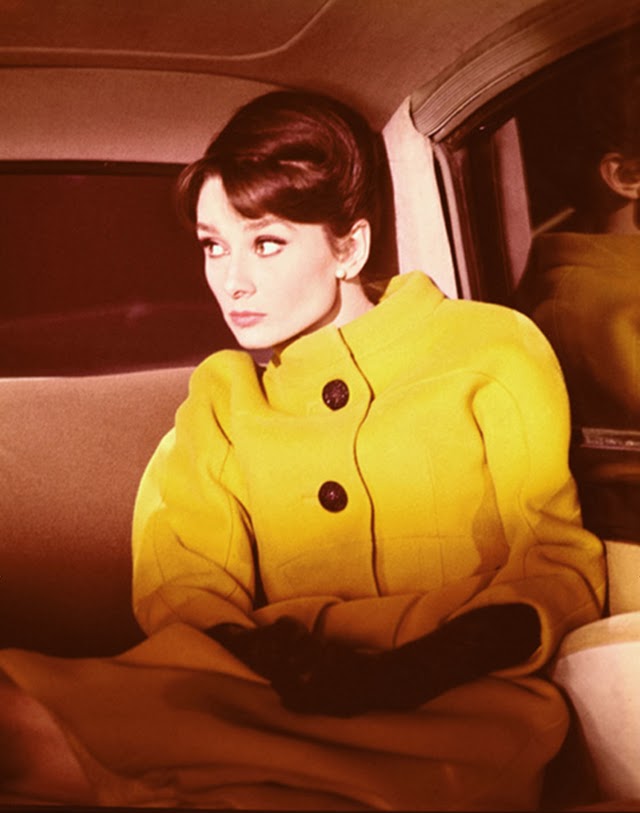
We spent that Friday night on the sofa, curled up under a blanket. We had a long conversation that led to my giving notice to my employers shortly thereafter. I took my bike to the shop to be repaired, which they did, under warranty—no questions asked. Rumours spread at work that I had been hit by a car. Co-workers asked about the accident, “Whose fault was it?” “Oh it’s hard to tell…it all happened so fast…I don’t want to point fingers. In my final week of work, when I rode to the Brewery building, I didn’t glance up at the great architectural skeleton looming overhead. I simply rode past, knowing my husband was up there somewhere watching me, his eyes not losing focus on my silhouette until I passed the palm trees and was out of sight.

Images courtesy of Google, the almighty internet, etc.
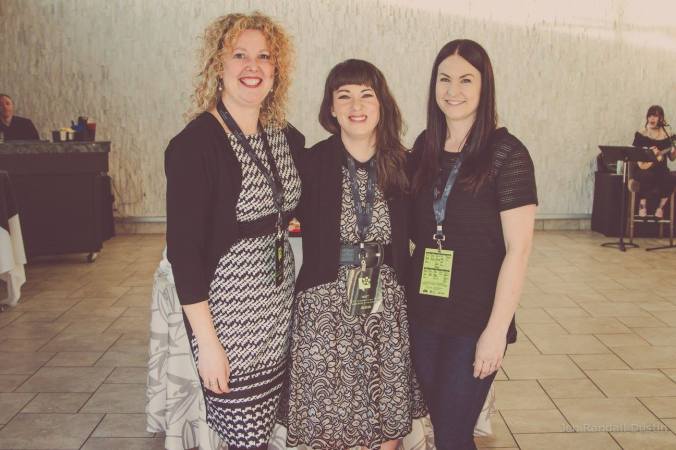




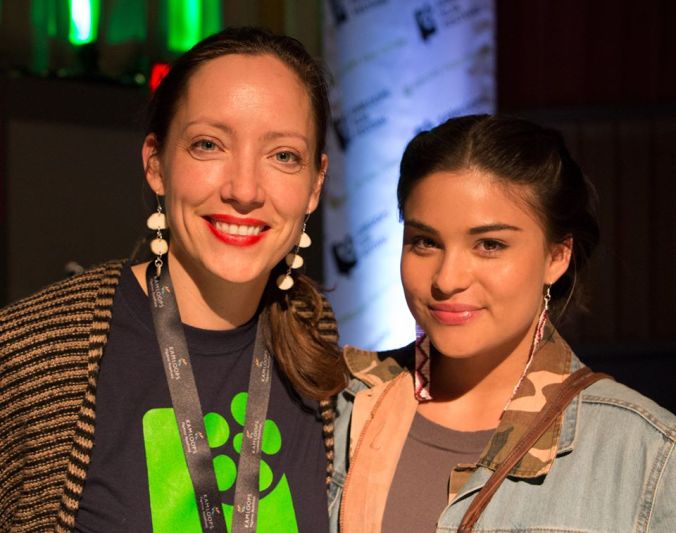
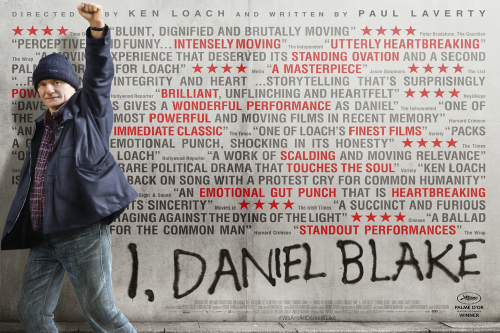

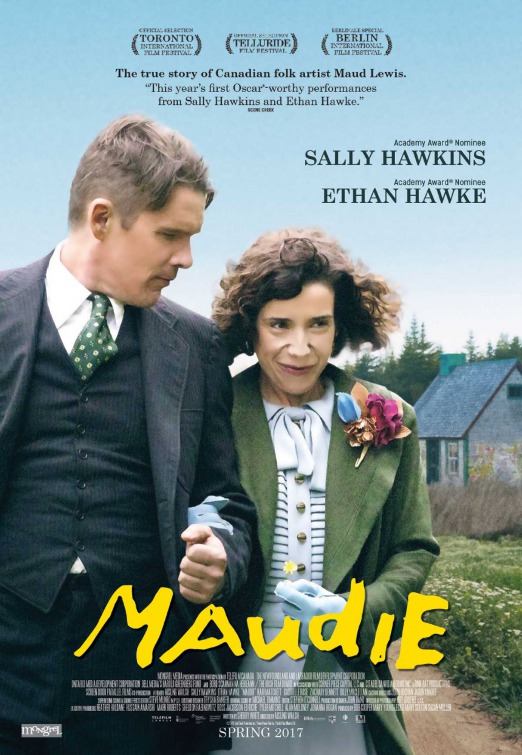
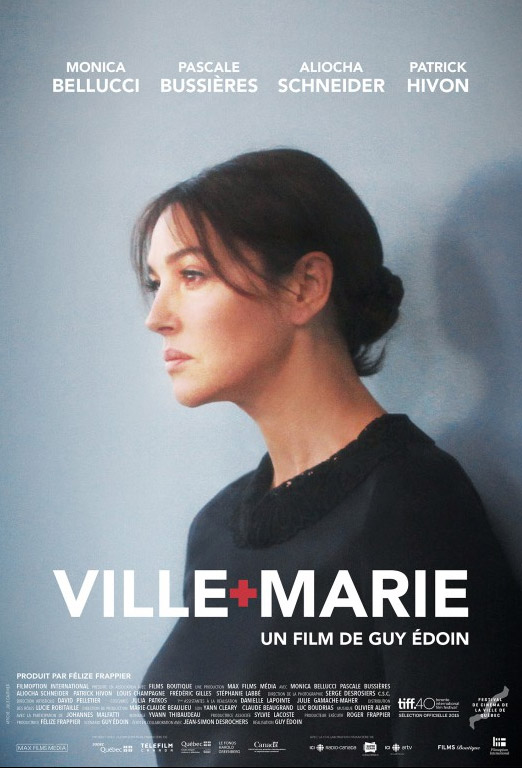
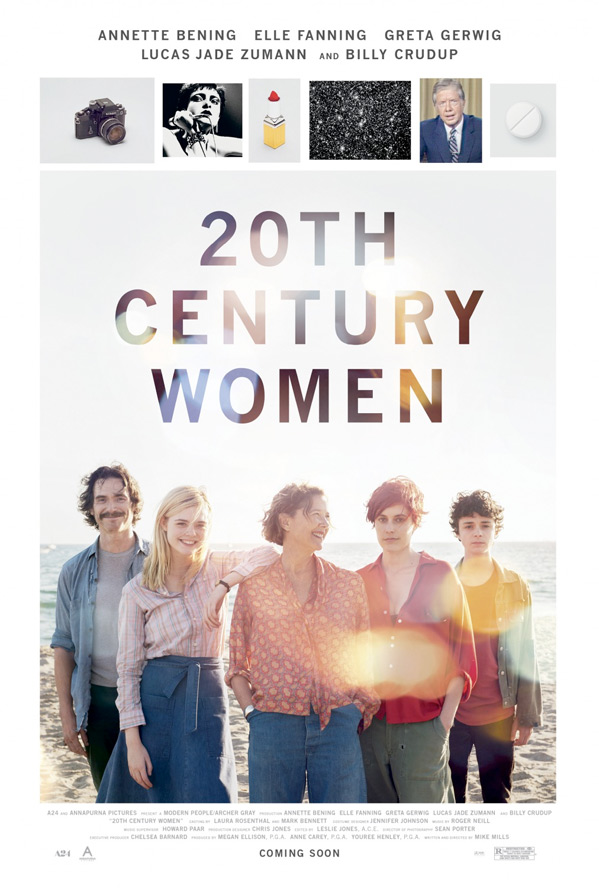
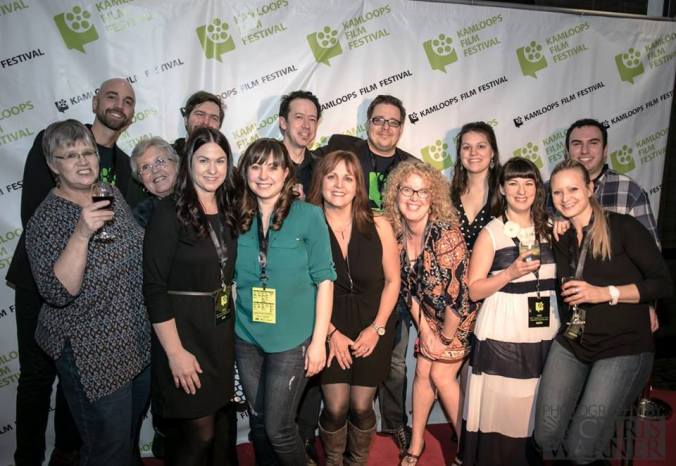

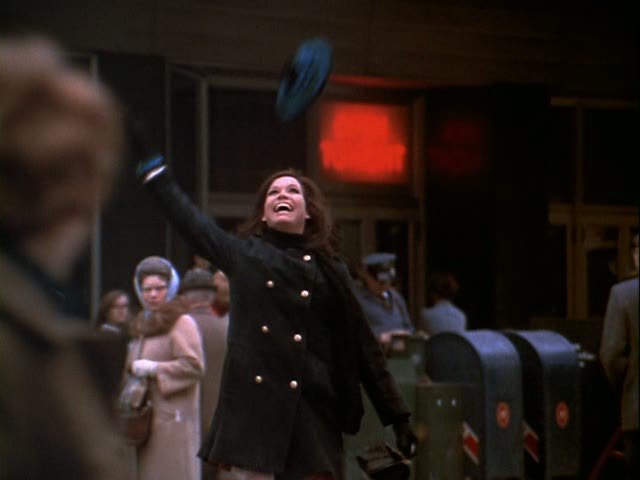






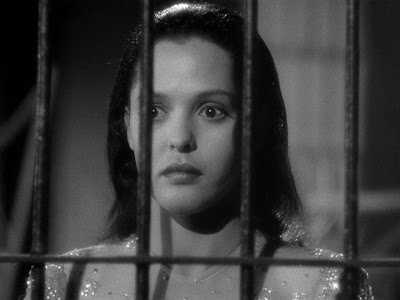




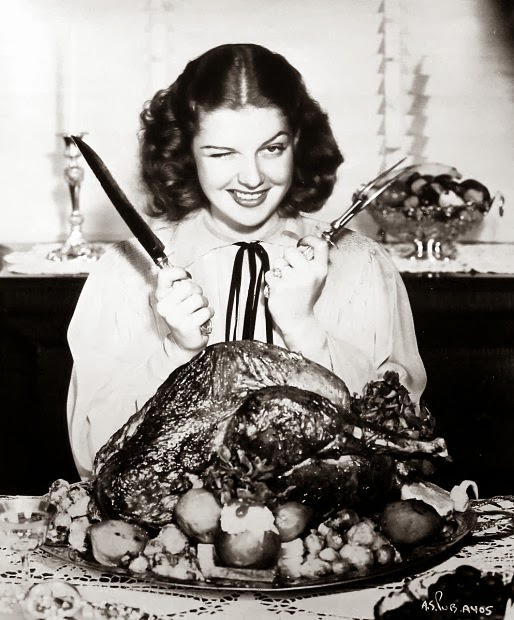

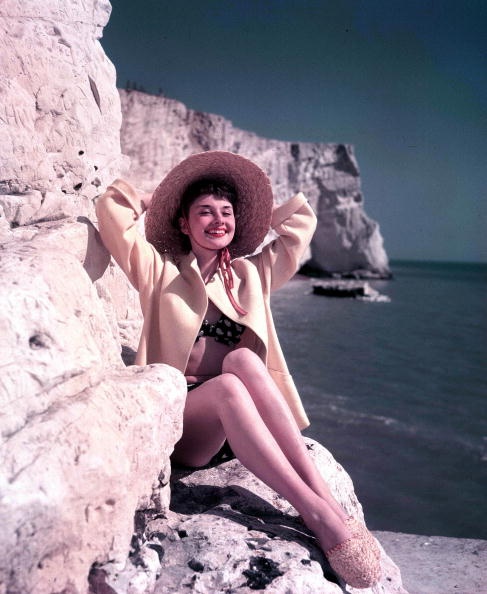


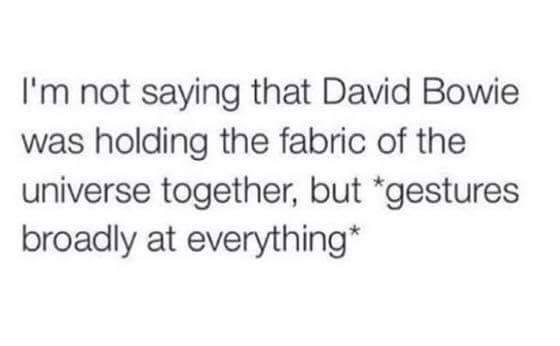




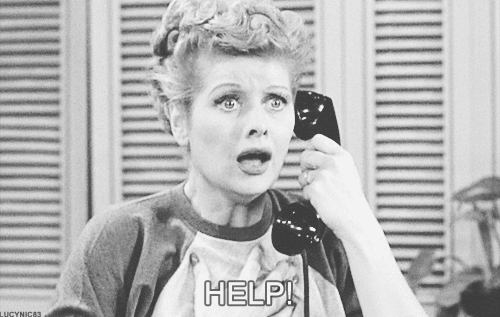
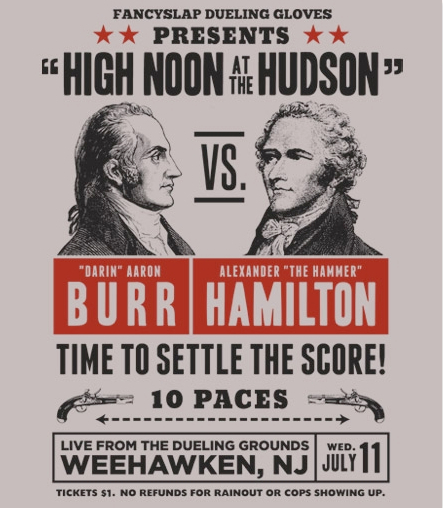

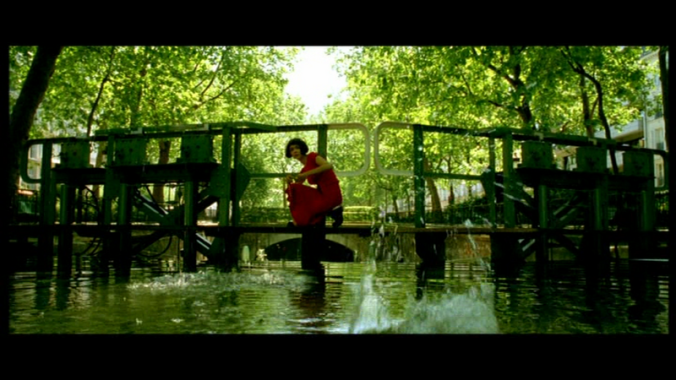



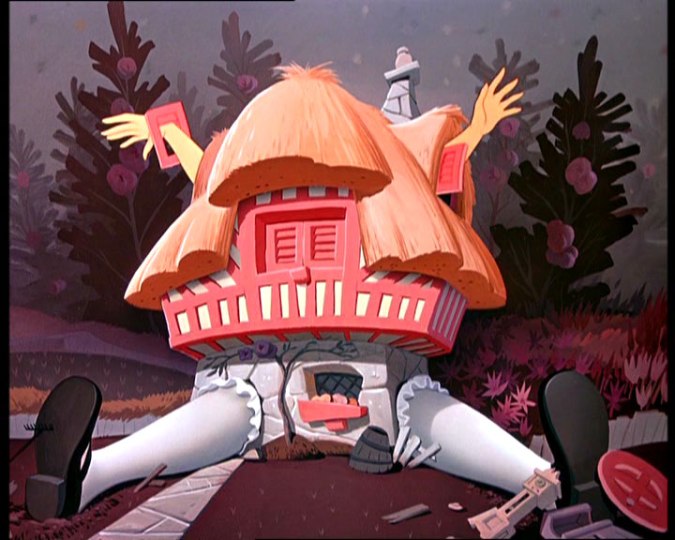

 Though I love fashion, glamour, style, and elegance–shopping is not my favorite task. For that reason, I made an excellent personal shopper and was successful in retail. I really tried to help a sister out–finding an outfit for a wedding, funeral, job interview, date, holiday, party, event with a lot of love, good humor and the occasional hug. Tears were a regular occurrence, as were self-deprecating remarks that usually start with “I hate my…” and end with “thighs, arms, belly, etc, etc, etc”. The key is to keep customers in the change room–bring them outfits that suit their body type and explain all the ways to mix and match. Make it fun, keep it light, and when necessary, a generous dose of tough love. Pull yourself together, god damn it–Leave your emotions at the door–and just find some fucking pants.
Though I love fashion, glamour, style, and elegance–shopping is not my favorite task. For that reason, I made an excellent personal shopper and was successful in retail. I really tried to help a sister out–finding an outfit for a wedding, funeral, job interview, date, holiday, party, event with a lot of love, good humor and the occasional hug. Tears were a regular occurrence, as were self-deprecating remarks that usually start with “I hate my…” and end with “thighs, arms, belly, etc, etc, etc”. The key is to keep customers in the change room–bring them outfits that suit their body type and explain all the ways to mix and match. Make it fun, keep it light, and when necessary, a generous dose of tough love. Pull yourself together, god damn it–Leave your emotions at the door–and just find some fucking pants. 









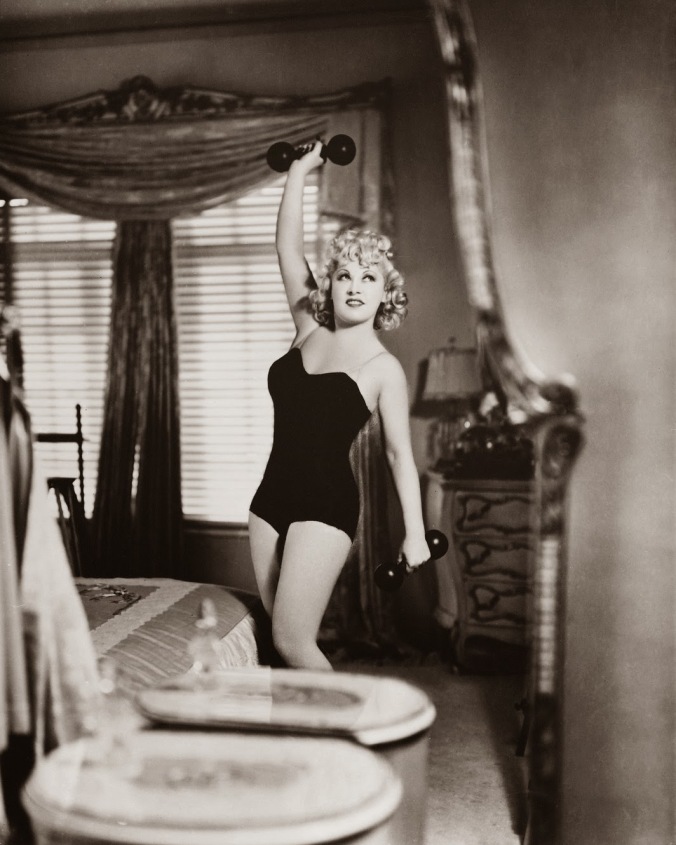


 Images Courtesy of the Fine People Behind the Internet…
Images Courtesy of the Fine People Behind the Internet…

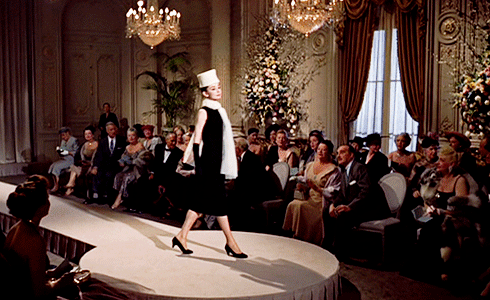


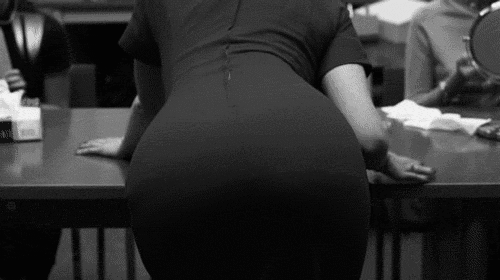








 Our young marriage had been challenged by strange company and circumstances. We met, and fell in love in the course of one evening. Two months later, I left Mount Manganui for Hamilton and we got married a few months later. In that brief stretch of time, there was immigration issues, hiccups, obstacles, dodgy flatmates and stressful time constraints. Our savings were scraped together as we made plans for Australia. Ben sold and stored his possessions, I packed my bag. We went to the South Island; in Christchurch during the deadly earthquake and the intense aftermath. By the time we landed in the lucky country, slightly fragile from the natural disaster, we had not even known each other for a full calendar year. Establishing a home of our own was important, and then my job immediately denied that need. Though we established budgets, savings and plans, there was a feeling of loss in the day-to-day. Still, I was hooked on the idea of making money, emotional cost be damned! For me, it was about zoning out during Michael Buble’s sentimental love ballads that played in the romantic restaurant at night, and occupying my thoughts during the day.
Our young marriage had been challenged by strange company and circumstances. We met, and fell in love in the course of one evening. Two months later, I left Mount Manganui for Hamilton and we got married a few months later. In that brief stretch of time, there was immigration issues, hiccups, obstacles, dodgy flatmates and stressful time constraints. Our savings were scraped together as we made plans for Australia. Ben sold and stored his possessions, I packed my bag. We went to the South Island; in Christchurch during the deadly earthquake and the intense aftermath. By the time we landed in the lucky country, slightly fragile from the natural disaster, we had not even known each other for a full calendar year. Establishing a home of our own was important, and then my job immediately denied that need. Though we established budgets, savings and plans, there was a feeling of loss in the day-to-day. Still, I was hooked on the idea of making money, emotional cost be damned! For me, it was about zoning out during Michael Buble’s sentimental love ballads that played in the romantic restaurant at night, and occupying my thoughts during the day.



















